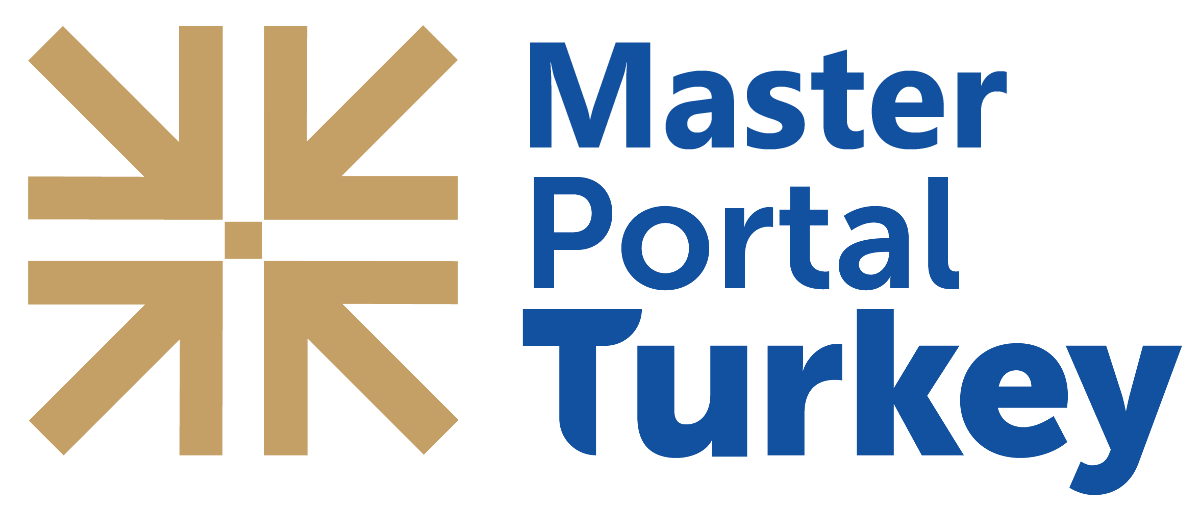رادیو ، تلویزیون و سینما / دانشگاه اسکودار
شهر محل تحصیل : استانبول / مقطع تحصیلی : لیسانس / مدت تحصیل : 4 سال / زبان آموزشی : ترکی / نوع آموزش : تمام وقت ، حضوری / شهریه: 3.200 دلار / شهریه با تخفیف : 2.500 دلار
Since mass media became widespread, the communication field has evolved as a societal fact first and then a scientific phenomenon. The linkage between socio-economic transformation and communication technologies developments have formed mass communication as an industry which pervades all aspects of social life. Mass media became widespread and its influence was felt throughout society, concordantly professional learning has become even more important. Indeed, all kinds of messages and information produced or transformed by mass communication industry have great importance as they reach a large segment of the society. Therefore, the important point is that information and messages which will be produced on this given environment and transmitted to people, have to be planned for people’s benefit from production to distribution. Only well-educated and qualified communication professionals can make this possible.
Radio, Television and Cinema Department educate students as qualified members of the profession with an integrating academic and vocational curriculum prepared by taking both today and tomorrow into consideration, obtaining qualified academic staff, high-tech equipment, labs and radio and TV studios.
Department’s curriculum progresses from the general to the specific, from the theoretical to the vocational and consists of complementary consecutives courses that provide the mobility with its wide range of electives courses and it is appropriate for taking non-departmental electives courses also for transferring among departments. The curriculum by means of its flexible and dynamic structure; enables students to develop and use their interest and competence freely. Even though the ability to transfer among departments is provided to students, students have to take their department core courses. Accordingly, the students must take department core courses in the first two years but in the third and fourth year they have the opportunity to select electives in order to customize their learning experience. The total course credits are composed of fifty percent of core course credits and the other fifty percent of elective courses credits. At least one elective must be taken from departmental electives list and the other two electives can be selected from non-departmental elective list or other departments’ core list.
